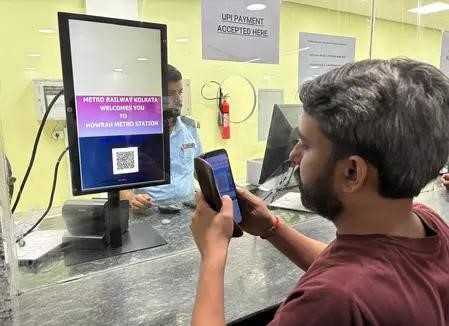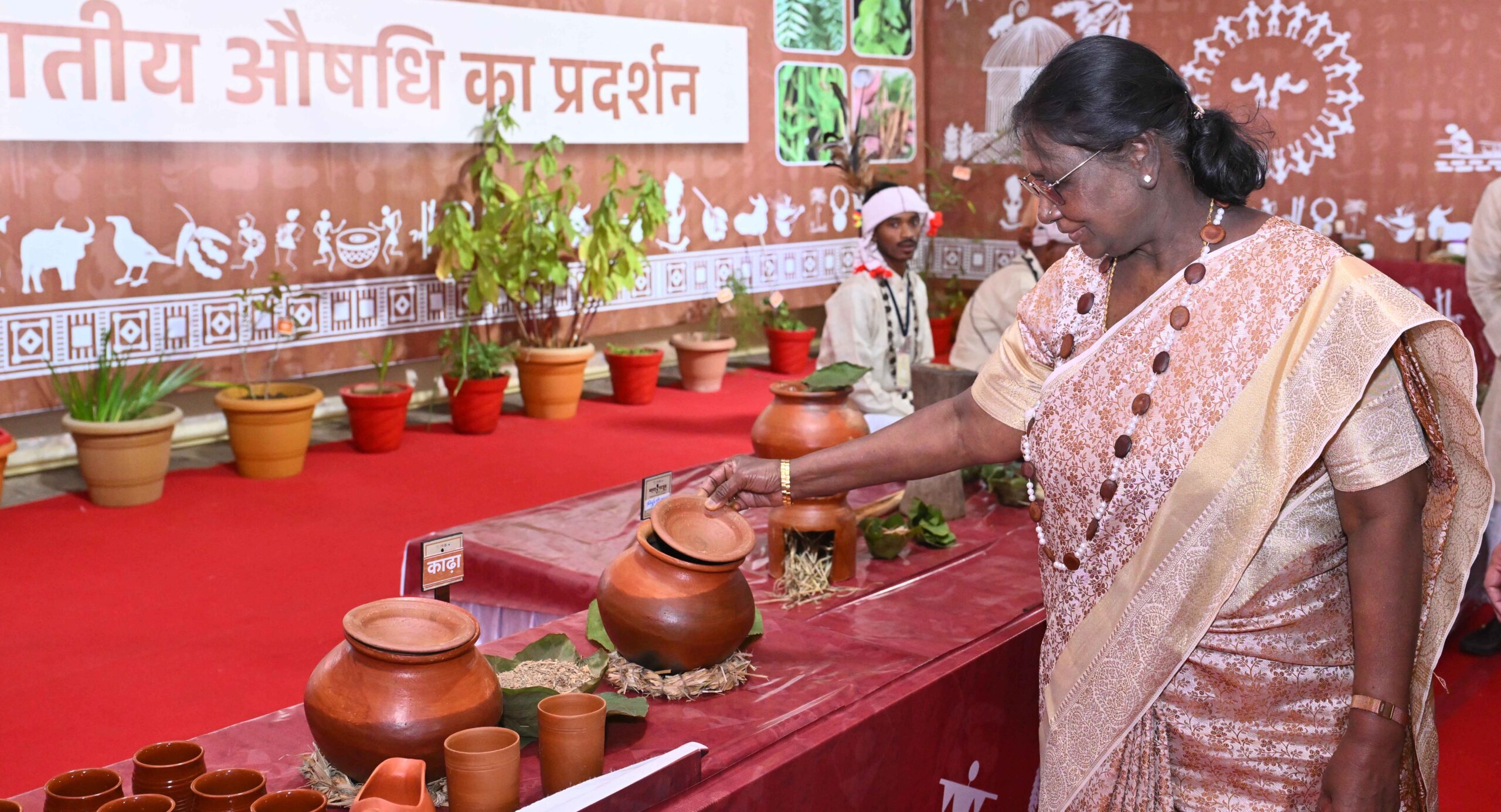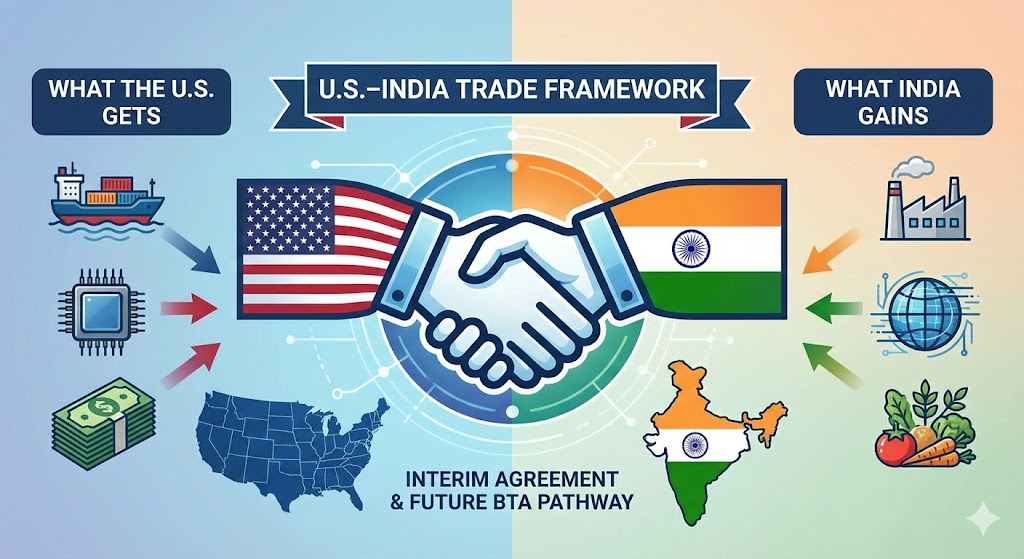India Records Over 65000 Crore Digital Transactions Worth ₹12000 Lakh Crore in Six Years: Ministry of Finance

The widespread adoption of digital platforms like Unified Payments Interface (UPI) has allowed even small vendors and rural users to seamlessly accept and make digital payments.
New Delhi, July 29: India’s digital payment ecosystem has witnessed an unprecedented surge, with more than 65,000 crore digital transactions amounting to over ₹12,000 lakh crore recorded in the last six financial years (FY 2019–20 to FY 2024–25), according to the Ministry of Finance.
In a written reply to the Lok Sabha today, Minister of State for Finance Pankaj Chaudhary stated that the growth in digital payments has not only transformed the way financial services are accessed but has also deepened financial inclusion, especially in underserved and unserved regions of the country.
The minister highlighted that this transformation has been the result of coordinated efforts by the Government in partnership with the Reserve Bank of India (RBI), National Payments Corporation of India (NPCI), fintech companies, banks, and State Governments.
Infrastructure Boost in Smaller Cities
To encourage the deployment of digital payment infrastructure in tier-3 to tier-6 cities, as well as in North-Eastern States and Jammu & Kashmir, the RBI launched the Payments Infrastructure Development Fund (PIDF) in 2021. As of May 31, 2025, more than 4.77 crore digital payment touchpoints have been deployed across these regions through the PIDF scheme.
Sustained Growth in Digitization
The RBI’s Digital Payments Index (DPI), which measures the extent of payment digitization in the country (with March 2018 as the base year = 100), has reached 465.33 as of September 2024, reflecting consistent growth in adoption, performance, and supporting infrastructure.
Enabling MSMEs and Small Merchants
To empower MSMEs and small businesses, the Government and RBI have launched several initiatives:
- BHIM-UPI incentive scheme to promote low-value transactions among small merchants.
- Trade Receivables Discounting System (TReDS) for MSMEs to access competitive invoice discounting.
- Rationalization of Merchant Discount Rates (MDR) on debit card transactions to lower costs for merchants.
Driving Financial Inclusion
The widespread adoption of digital platforms like Unified Payments Interface (UPI) has allowed even small vendors and rural users to seamlessly accept and make digital payments. “This has created a robust financial footprint for individuals and businesses, enabling access to formal credit channels even in the absence of traditional documentation,” the Ministry stated.
According to the Ministry, digital payments have become a powerful tool for economic empowerment by fostering traceable, transparent, and inclusive financial ecosystems.
The Government reiterated its commitment to ensuring that digital payments continue to reach every corner of the country and contribute to a more resilient and inclusive economy.








